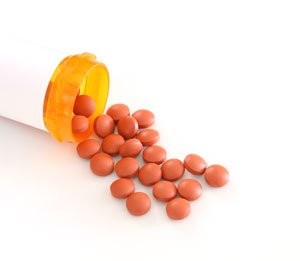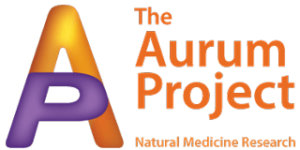Homeopathy for Glue Ear and URTIs, is an increasingly important topic given the rise of antibiotic resistance in our global community. An excellent article on the topic written by Iris bell is reviewed here by Nyema Hermiston.
The risks of prescribing antibiotics or over-the-counter drugs in glue ear/ childhood acute otitis media (AOM) and upper respiratory tract infections (URTIs) are significant and increase the risk of treatment-resistant organisms. Clinical research suggests that over-the-counter homeopathic medicines offer pragmatic treatment alternatives to conventional drugs in children with uncomplicated AOM or URTIs.
As well as antibiotic resistance, antibiotics carry risks of causing diarrhea and allergic reactions. In otitis media (glue ear), clinical watchful waiting guidelines from the American Academy of Pediatrics suggest that the condition will resolve in many children without antibiotic intervention, so antibiotics will confer only a small benefit. It is a clinical judgment as when to watch-and-wait or offer antibiotic treatment. Many health-care providers and parents still end up choosing to fill antibiotic prescriptions and accept the associated risks, out of a wish to do something rather than nothing. Moreover, many providers still give a non–evidence-based prescription of antibiotics.
 A recent survey showed that sore throats, sinus infections, URIs, coughs, colds, fevers and ear infections are the top six types of conditions across all ages of patients needing treatment. Most common acute viral illnesses and some bacterial infections are self-limiting, meaning that they will resolve without any treatment at all. Consequently, the relative benefits of any intervention must far outweigh the risks to justify its use in an otherwise healthy child.
A recent survey showed that sore throats, sinus infections, URIs, coughs, colds, fevers and ear infections are the top six types of conditions across all ages of patients needing treatment. Most common acute viral illnesses and some bacterial infections are self-limiting, meaning that they will resolve without any treatment at all. Consequently, the relative benefits of any intervention must far outweigh the risks to justify its use in an otherwise healthy child.
Homeopathy for glue ear appears equivalent to and safer than conventional standard care. While controversial, homeopathy is a demonstrably safe and effective system of medicine that is used worldwide. Numerous clinical studies demonstrate that homeopathy accelerates early symptom relief in acute illnesses. Advantages for homeopathy include lower antibiotic prescriptions, fewer side effects and reduced parental sick leave from work.
Emerging evidence counters claims that homeopathic remedies are biologically inert placebos. However, consumers already accept and use homeopathic medicines for self-care, with US consumer expenditures of $2.9 billion on homeopathic remedies.
Homeopathy is a 200-year-old whole system of complementary and alternative medicine (CAM) used worldwide, with an excellent safety track record. Although skeptics reject homeopathy as chemically “implausible”, newer evidence on the properties of homeopathic medicines casts doubt on the simplistic dismissal of the entire field. Furthermore, a growing body of clinical evidence, including comparative effectiveness trials on thousands of homeopathic patients, a strong safety record, and cost-effectiveness data, make homeopathy a therapeutic strategy that merits consideration.
Primary care clinicians who wish to learn more about how to use homeopathic medicines for acute pediatric care can find multiple introductory resources online and in the print media.
Homeopathy for glue ear and URTI's
This review by Nyema Hermiston has reported on the article Homeopathic Medications as Clinical Alternatives for Symptomatic Care of Acute Otitis Media and Upper Respiratory Infections in Children by Iris bell and Nancy Boyer reference Glob Adv Health Med. 2013 Jan; 2(1): 32–43.
